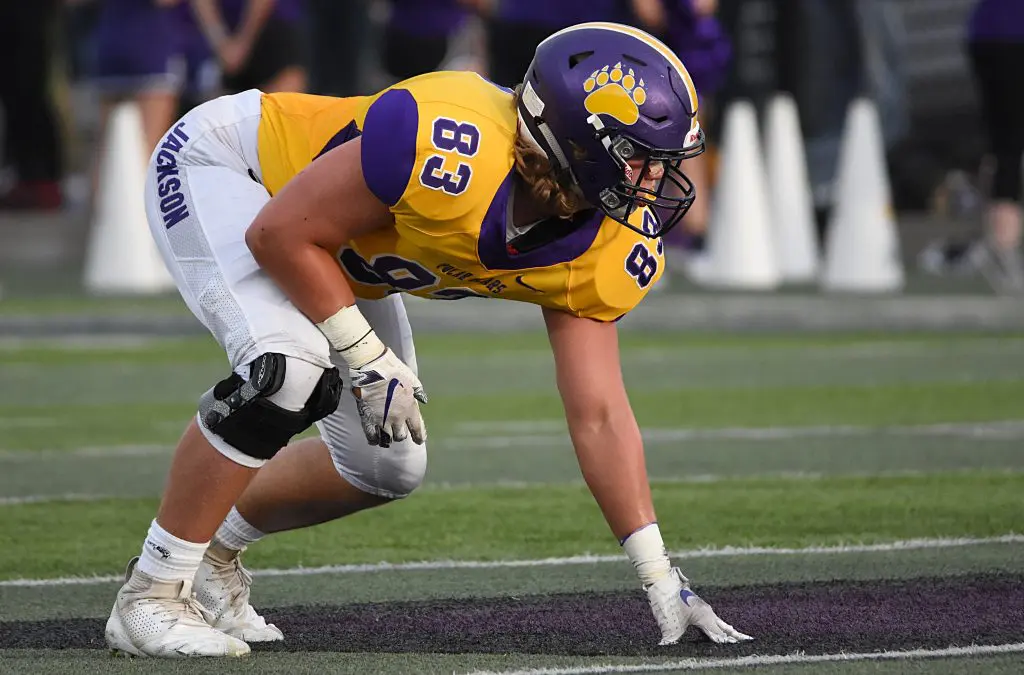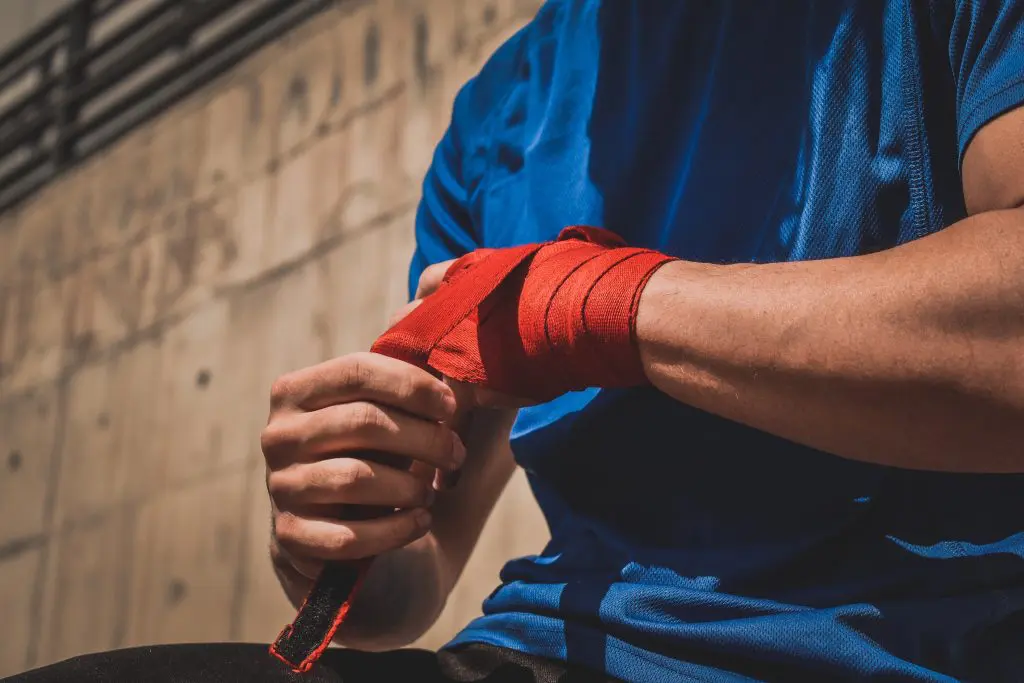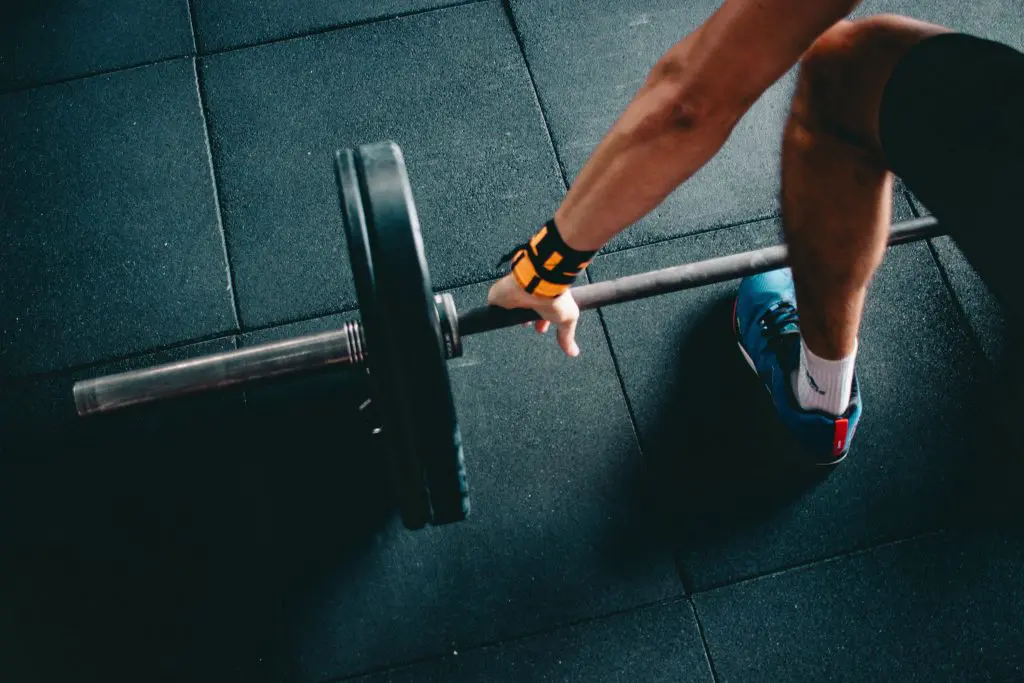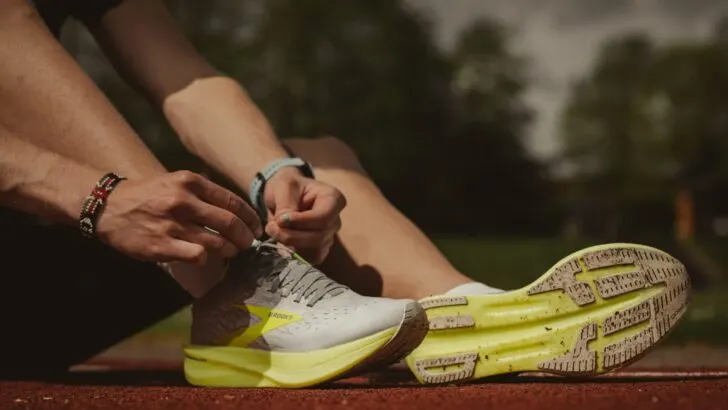What do Athletes do in Their Spare Time?
Athletes of all statures and ages are some of the most overworked and overtrained individuals. With frequent workouts, travel, and games, athletes are typically burnt-out by the end of the season. However, particularly for high-profile, professional athletes who are paid a significant sum for their contributions on the field, the offseason can be one of the few opportunities afforded to them to spend time on themselves and their loved ones.
Below, we are going to take a look at and discuss just what do athletes do in their spare time. In addition to the offseason, we will also look at what both professional and amateur athletes do during the regular season when they have some time off and away from their hectic schedules.

Why is Having Time Off Important for an Athlete?
As mentioned above, athletes of all statures and ages are some of the most overworked and overtrained individuals. Between practice session, travel to and from games, and playing in the game, athletes will place both their mental and physical health on the line for the game.
Similarly, for many of these athletes, being overtrained and overworked can lead to burnout. Burnout can affect athletes in particular and can cause a steep decline in overall performance on the court, an increased risk of injury, decreased motivation, and even physical sickness.
Due to these potential injuries and decreased levels of motivation, having time off, spare time, and time to themselves is an absolute must for athletes. In having spare time and time off, athletes are able to recover, both physically and mentally between games and practice sessions.
In addition, for many professional athletes, having time off and spare time away from the court and the game allows them a chance to reconnect with friends, family, and loved ones. Professional athletes are typically on the road and travelling between cities for half of the regular season and may not have sufficient time with their family and loved ones. Having time off and a bit of spare time allows them the opportunity to reconnect with them.

How Much Spare Time do Athletes Have?
Admittedly, the amount of spare time that an athlete has ranges from sport-to-sport. In addition, the amount of spare time that an athlete will have also ranges between the level of play. That is to say that a professional athlete in the NBA, NFL, MLB, or NHL will have vastly less spare time than a collegiate one.
Similarly, different athletes, even within the same program and team, may have different amounts of spare time. A Division I, star player may commit more time and energy into practices, games, and individual drills than the twelfth man on the team.
However, generally speaking, most athletes are afforded more spare time on days when they are not scheduled to play a game then on game days. Typically, on non-playing days, athletes will have between 3-5 hours of time to themselves.
On days in which they are scheduled to appear at a game, that time will be reduced. Typically, on game days, athletes will only have between 1-3 hours to themselves and additional spare time to catch up on their personal errands and responsibilities.
Play Videogames
Perhaps surprising to many but athletes of all ages and levels are typically well-adept and versed in videogames. Both as a means to relax and connect with friends, videogames are one of the best ways to spend some time and not worry about an upcoming game or scheduled practice session.
In addition, many athletes, particularly professional and collegiate athletes, may opt to play videogame titles of their sport. For instance, many NBA players are famous for their playing of NBA themed videogames, oftentimes choosing to play as themselves in the game.

Watch TV and Movies
Similar to playing videogames, many athletes will spend their downtime watching movies and catching up on their favorite television shows. From the latest series on Netflix to watching live sports, athletes of all stripes enjoy some time on the couch, watching a movie and eating some popcorn.
Go for a Swim
While many athletes may opt to forgo too much strenuous activity during their time off and the spare time that they do have, other athletes may opt for a less strenuous workout, such as swimming. And while swimming can be a great workout, many athletes will go for a simple swim, looking to burn off excess energy and enjoy the time in the cool water.

Checkout a New Restaurant
Perhaps unsurprisingly but many athletes are also huge foodies as well. And although we’ve previously discussed many athletes’ love for fast food, even going so far as to become a franchisee, these same athletes definitely enjoy finer dining.
And for many athletes, particularly those who play in bigger markets such as New York, Los Angeles, or Atlanta, there are often a plethora of fine-dining establishments located relatively close to them that they can patron. And with so many professional athletes being paid a hefty sum, these fine-dining locations barely make a dent in their wallets.
Go Shopping
Perhaps another reason why so many athletes prefer to play in larger, bigger markets. As many professional athletes are paid millions of dollars annually, they look for ways to spend that newfound wealth. Often opting to purchase luxury homes, exotic cars, and fine jewelry.
And while often seen as a depreciating asset, many of these luxury homes, exotic cars, and fine jewels can appreciate substantially in value, providing these athletes with a healthy return on investment.

Continue Practicing
While paradoxical to many of us, for athletes, practice is ingrained in their consciousness and a form of stress-relief. Particularly true of athletes looking to make it to the professional leagues, continuing to practice and hone their skillsets, even during their time off and any spare time they may have, is expected to pay multiple dividends throughout their career.
A great example of this is none other than Kobe Bryant himself and his mamba mentality. Kobe Bryant would famously wake up to practice at 5:00 in the morning while still in high school. And when Kobe was on the Men’s Olympic Basketball Team, he would wake up at 4:00 in the morning to start practice.
As retold by an anonymous Redditor who was an athletic trainer for the men’s team, he first met Kobe in Las Vegas and would exchange numbers, telling Kobe to call anytime if he wanted to do some extra conditioning work.
A few days later Kobe called him at 4:15 a.m. and asked him to come to the gym. They worked out for 75 minutes, and the trainer went back to his hotel to sleep before the day’s 11 a.m. scrimmage.
When the trainer gets back to the training facility, he recalls:
“All the Team USA players were there, feeling good for the first scrimmage. LeBron was talking to Carmelo if I remember correctly, and Coach Krzyzewski was trying to explain something to Kevin Durant.
On the right side of the practice facility was Kobe by himself shooting jumpers. And this is how our next conversation went — I went over to him, patted him on the back and said,
‘Good work this morning.’
‘Huh?’
‘Like, the conditioning. Good work.’
‘Oh. Yeah, thanks Rob. I really appreciate it.’
‘So, when did you finish?’
‘Finish what?’
‘Getting your shots up. What time did you leave the facility?’
‘Oh, just now. I wanted 800 makes so yeah, just now.’
And while most of us don’t have Kobe’s work ethic, it goes to show how dedicated some athletes really are to their game and their craft.
